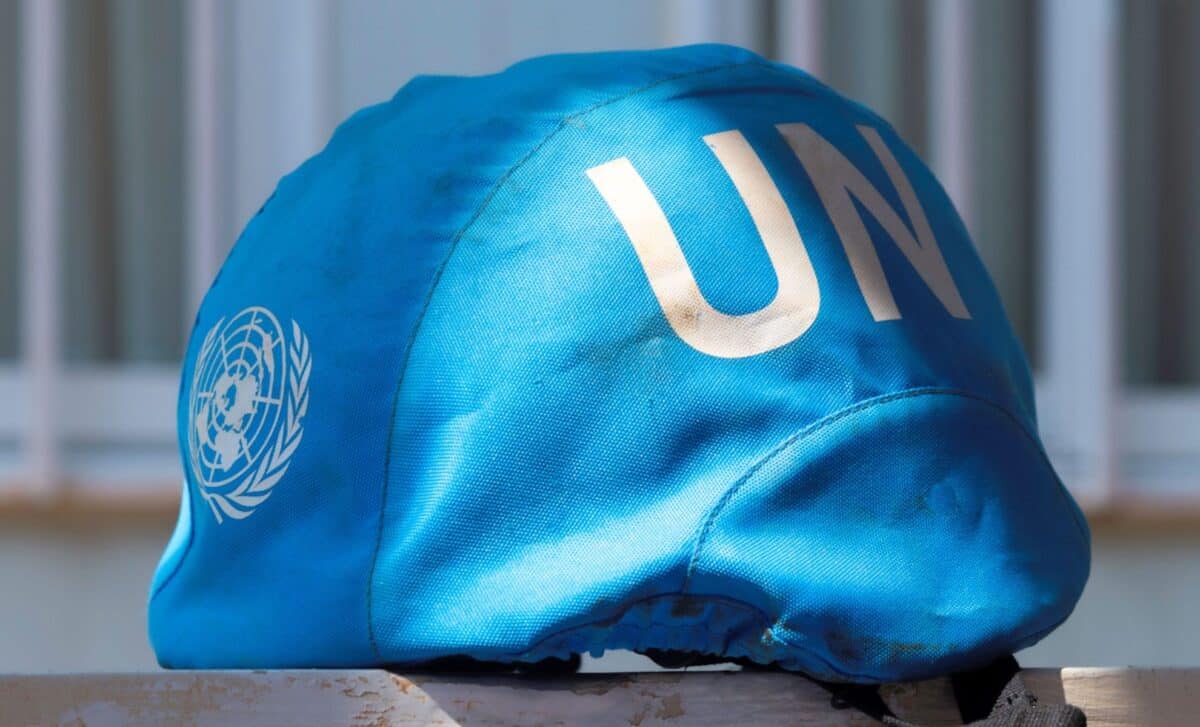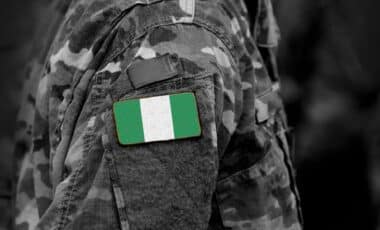On August 28, the UN Security Council adopted a resolution establishing December 31, 2027 as the deadline for the withdrawal of peacekeepers from Lebanon. This vote brings to an end nearly half a century of international military presence in the country’s south. According to The New York Times, the UN mission, which once included some 10,800 military and civilian personnel, will gradually hand over its responsibilities to the Lebanese Armed Forces, who are expected to become the sole guarantors of security in this highly sensitive border region.
Germany Becomes Europe’s Top Arms Supplier as Exports Hit Record Levels
UN Sets End Date for UNIFIL Mission
Sponsored by France, the resolution extends UNIFIL’s mandate until December 31, 2026. From that point, a one-year drawdown will begin, culminating in the peacekeepers’ full departure at the end of 2027, Reuters reported. This transition period is designed to give Lebanon time to strengthen its military capabilities and reassert control over its territory.
During this phase, UNIFIL will retain only limited duties: safeguarding UN personnel, protecting civilians under imminent threat, and facilitating the delivery of humanitarian aid. Its historic mission—which included monitoring the border and mediating between Israel and Lebanon—will be reduced to a support role, the French newspaper Le Monde noted. This shift reflects member states’ desire to push the Lebanese army to take full responsibility, despite ongoing doubts about its preparedness and resources.
European Concerns Over Security Vacuum As Peacekeepers Leave
While Israel and the United States welcomed the decision, France and Italy voiced serious reservations. According to Le Monde, both Paris and Rome fear that a rapid withdrawal could create a security vacuum that Hezbollah might exploit. European diplomats have stressed the fragility of Lebanon’s military institutions, already weakened by a severe economic crisis and chronic logistical challenges.
As france24, reported, UNIFIL will start reducing its presence at the end of 2026, a timeline some military experts consider risky. Deployed since 1978, the force has often acted as a buffer between Israel and Hezbollah. Its departure raises concerns over regional stability, particularly along the “Blue Line,” one of the Middle East’s most volatile frontiers.
Mixed Legacy as UNIFIL Winds Down
In Israel, the end of the peacekeepers’ mission was described as progress. Danny Danon, Israel’s envoy to the United Nations, stated: “For a change, we have some good news coming from the UN,”echoing longstanding criticism of what was seen as the mission’s ineffectiveness. Washington, also supportive of the gradual downsizing, argued it was time for Lebanese authorities to take responsibility for their own security.
Still, UNIFIL’s record is not without achievements. The Financial Times highlighted that the force oversaw the dismantling of more than 500 Hezbollah-linked structures in southern Lebanon, helping to limit military escalation. Yet it was never able to fully prevent violations of the Blue Line or counter Hezbollah’s expanding arsenal. As it prepares to leave, UNIFIL’s legacy remains mixed: for some, an indispensable shield; for others, a stagnant force unable to change the balance of power.








